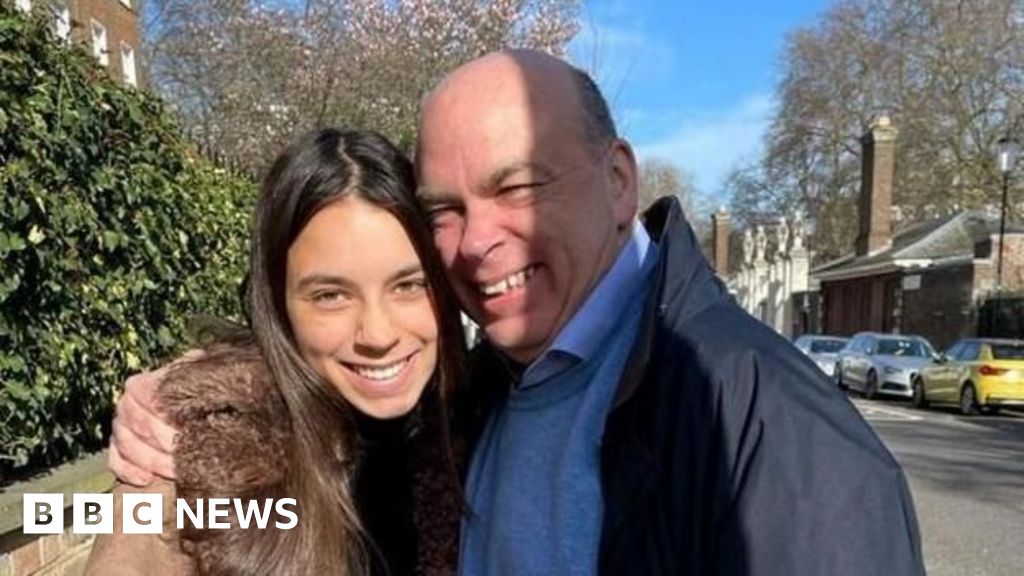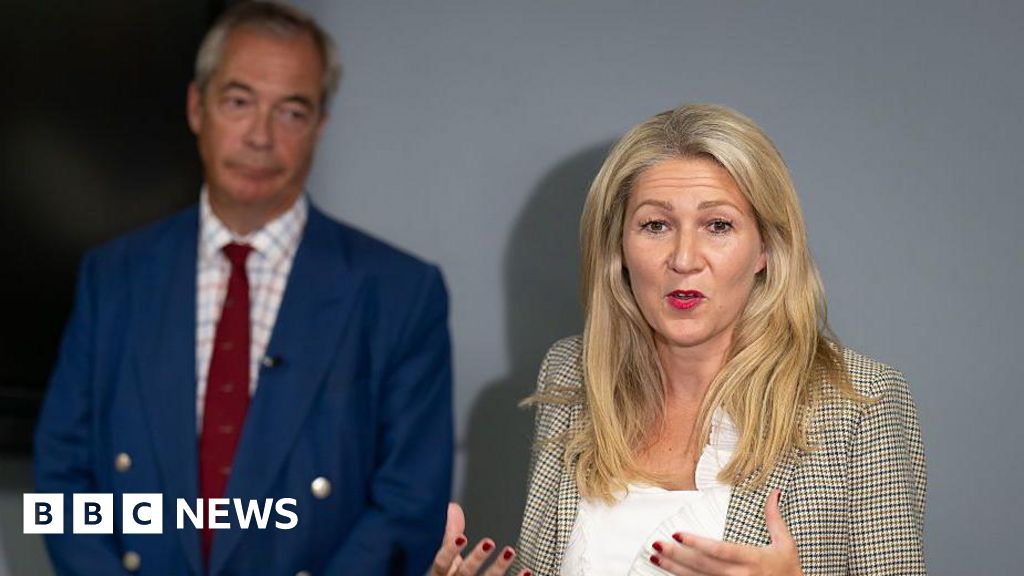![]()
President Cyril Ramaphosa during his speech on the Presidency's budget last week.
Phando Jikelo/RSA Parliament
- President Cyril Ramaphosa defended Operation Vulindlela, countering opposition criticism, in his weekly newsletter.
- Ramaphosa highlighted progress in reducing load shedding, telecom costs, visa systems and rail reform through the initiative.
- Phase two of Operation Vulindlela began in April 2025, focusing on infrastructure investments and municipal service improvements to boost economic growth.
President Cyril Ramaphosa has rebuked “some opposition parties” that have labelled Operation Vulindlela a form of “privatisation”, describing the criticism as “baseless and misguided”.
Ramaphosa took to his weekly newsletter to defend Operation Vulindlela.
In it, he also claimed, with no tangible evidence, that reforms in the telecommunications sector had brought down the cost of mobile data.
The president was responding to the uMkhonto weSizwe Party’s (MKP) Siyabonga Gama’s statement in Parliament, that South Africa was “being restructured sector by sector, policy by policy and budget by budget, into a state that is administered by private design”.
“That design is being implemented under the name of Operation Vulindlela, enforced through Vote 1 (The Presidency), and shielded by a wall of plausible deniability funded through careful communications, legal teams and strategic advisors who operate above scrutiny,” Gama said during the Presidency budget vote debate last week.
Gama said Operation Vulindlela was essentially “executive defiance of constitutional accountability”.
READ | Ramaphosa defends police inquiry in heated budget debate
Operation Vulindlela was established in the Sixth Administration and aimed at removing bottlenecks hindering the economy’s growth by tackling load shedding, inefficient rail and ports, high data costs, and a visa system that deterred investors and tourists.
On Monday, Ramaphosa wrote: “We have made significant progress since then in clearing these obstacles with a clear view to enhance economic growth. The reduction in load shedding over the past year was supported by the reforms that we introduced to unlock private investment in electricity generation, while reforms in the telecommunications sector have brought down the cost of mobile data.
“We have reduced the turnaround times for approval processes for water use licences and energy projects, made great progress in clearing the visa application backlog, and expanding the eVisa scheme,” Ramaphosa said.
He said the next phase of Operation Vulindlela which commenced in April 2025, was building on the successes and would initiate a second wave of reform.
He continued:
We are moving quickly towards a competitive electricity market, which will introduce greater competition in electricity generation and reduce the chances of experiencing load shedding again.
“The reform under way in the energy sector will introduce greater choice for consumers and drive down costs. As part of this process, work is under way to establish an independent Transmission System Operator within the next five years, in line with the Electricity Regulation Act,” Ramaphosa wrote.
He added that significant progress had also been made towards enabling greater investment in the country’s transmission network, including from the private sector, with regulations to govern these investments.
“In April, the Rail Infrastructure Manager was established as a separate operating division of Transnet with its own management and reporting structure. It has made capacity available across the freight rail network to private train operating companies and has received 98 requests for access to date. A revised Network Statement will soon be published and capacity allocated in response to these requests, marking the start of open competition in freight rail,“ Ramaphosa said.
READ | ‘Zuma is no messiah; he’s a sellout of note’: Mbalula slams MK Party’s Morocco stance
On visa reform, he said the visa system was making it much easier for people to visit South Africa and bring much-needed skills and investment while enhancing border security through the Border Management Authority (BMA), which he emphasised was established in the Sixth Administration as part of the reform process.
“An Electronic Travel Authorisation system has been developed by the Department of Home Affairs and is being prepared to go live in September 2025. As part of Operation Vulindlela Phase II, we are also reforming the local government system to ensure that basic services such as water and electricity, which are essential for economic growth, are delivered efficiently and reliably.”
Ramaphosa claimed:
Additionally, several metros have submitted plans for the turnaround of their water and electricity utilities that outline a clear pathway for the ring-fencing of water and electricity services.
“Progress against these action plans will enable these municipalities to access a new performance-based incentive from National Treasury to drive much greater investment in water and electricity infrastructure.
“All of these reforms are designed to boost economic growth and create jobs for South Africans. The claims by some opposition parties that these reforms represent a form of privatisation are baseless and misguided.
“The measures we are taking are common sense reforms that will preserve public ownership of key infrastructure while introducing greater competition, dynamism and investment. A number of our peer countries introduced similar reforms, which have powered their economies to higher levels of growth,” Ramaphosa argued.
 (1).png)
 1 day ago
1
1 day ago
1

















